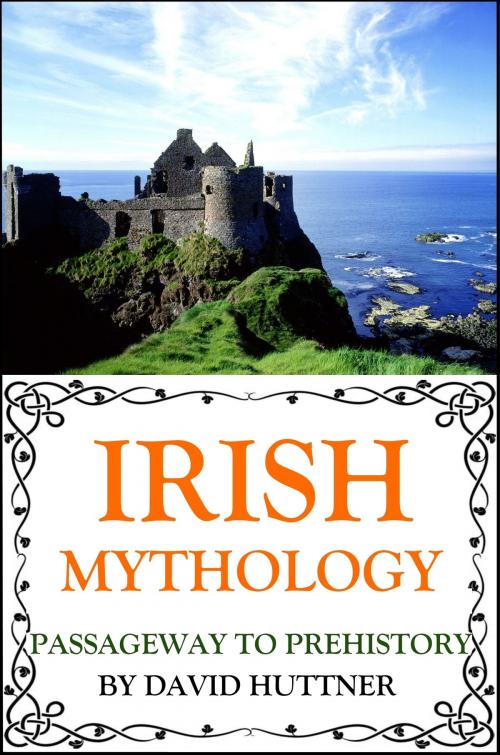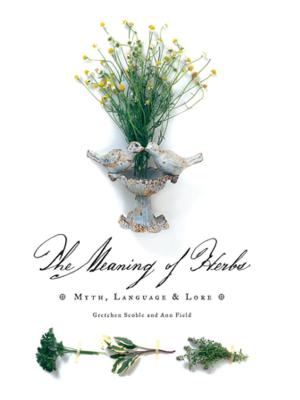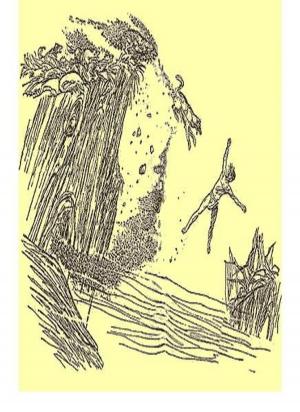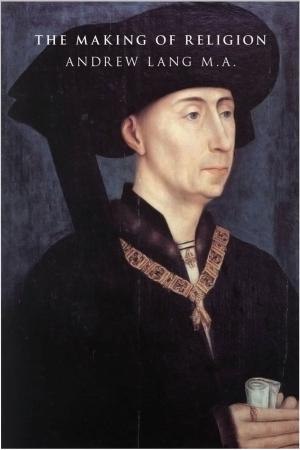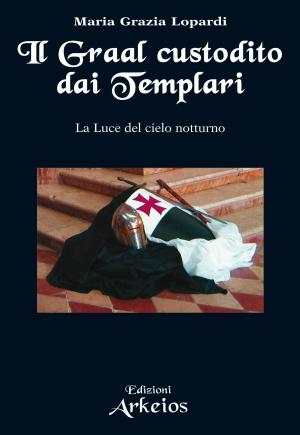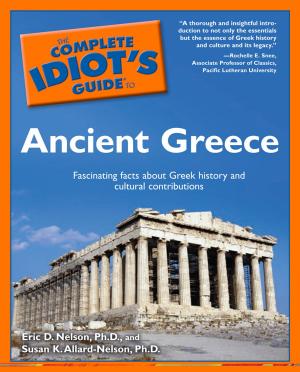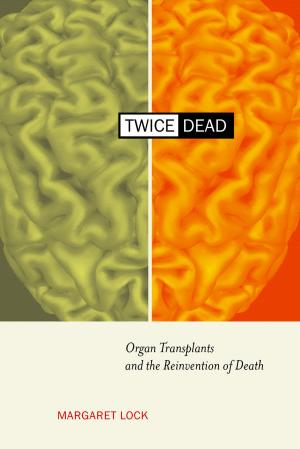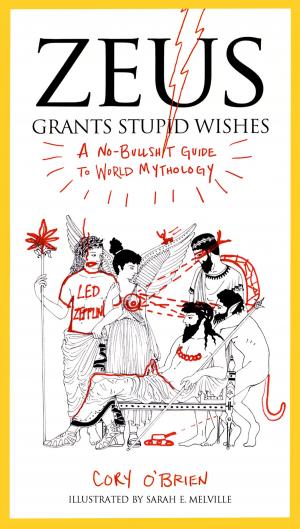| Author: | David Huttner | ISBN: | 9781301781621 |
| Publisher: | David Huttner | Publication: | April 29, 2013 |
| Imprint: | Smashwords Edition | Language: | English |
| Author: | David Huttner |
| ISBN: | 9781301781621 |
| Publisher: | David Huttner |
| Publication: | April 29, 2013 |
| Imprint: | Smashwords Edition |
| Language: | English |
Of the many books in print today on Irish/Celtic mythology (and as far as I know, on religion per se), this is the only one that scholars should be interested in. This is so because I am the only scholar with a comprehensive, new social science, a social science that includes a scientific understanding of our religions, all religions, pagan and modern. Any cursory review of my competitors' books will reveal that they are clueless as to what mythology is.
If one regards mythology as pure fiction, then how is one to explain the many close similarities of isolated and disconnected myths and rituals from around the world? And who penned them? If one takes the more sophisticated and correct approach, that sacred myths and rituals are (in greater part) compromised oral history, then one needs to answer many questions. For example, how and why was our prehistory compromised? Why do sacred myths seem to have generated spontaneously as narratives during the Neolithic Age? Most importantly: who are the characters under the disguises and what oral history can still be extracted about them? I'm the only who has answered these questions.
Jeremiah Curtain pointed us in the right direction. Freud made some major advances along the right path and developed the principal tools needed for the work, but I am the first person to come anywhere close to fully traversing that path. (Freud didn't have George to help him.) Due to prolonged and severe censorship, I may still be the only one to have traversed it. I'm lonely! Join me in this scientific, new understanding of man. Read my books.
Of the many books in print today on Irish/Celtic mythology (and as far as I know, on religion per se), this is the only one that scholars should be interested in. This is so because I am the only scholar with a comprehensive, new social science, a social science that includes a scientific understanding of our religions, all religions, pagan and modern. Any cursory review of my competitors' books will reveal that they are clueless as to what mythology is.
If one regards mythology as pure fiction, then how is one to explain the many close similarities of isolated and disconnected myths and rituals from around the world? And who penned them? If one takes the more sophisticated and correct approach, that sacred myths and rituals are (in greater part) compromised oral history, then one needs to answer many questions. For example, how and why was our prehistory compromised? Why do sacred myths seem to have generated spontaneously as narratives during the Neolithic Age? Most importantly: who are the characters under the disguises and what oral history can still be extracted about them? I'm the only who has answered these questions.
Jeremiah Curtain pointed us in the right direction. Freud made some major advances along the right path and developed the principal tools needed for the work, but I am the first person to come anywhere close to fully traversing that path. (Freud didn't have George to help him.) Due to prolonged and severe censorship, I may still be the only one to have traversed it. I'm lonely! Join me in this scientific, new understanding of man. Read my books.
